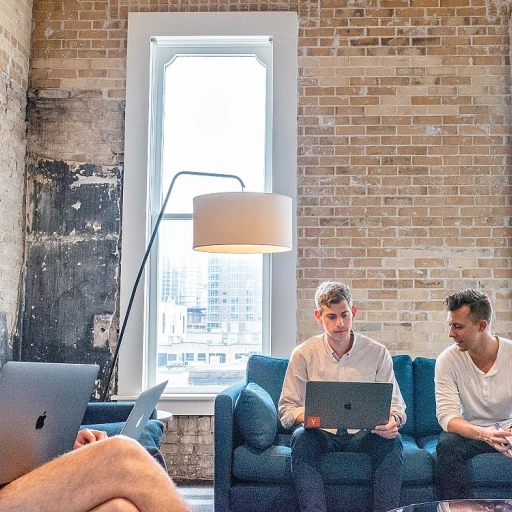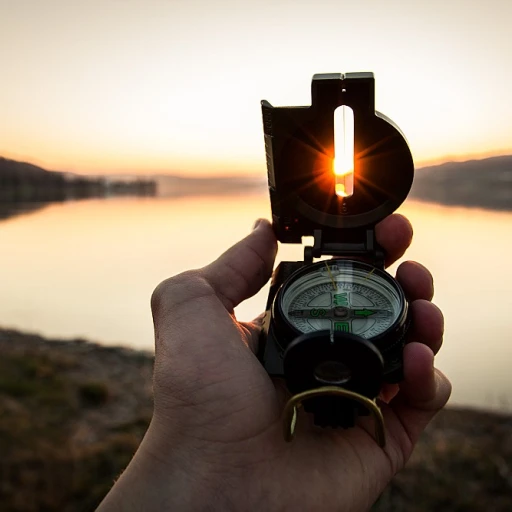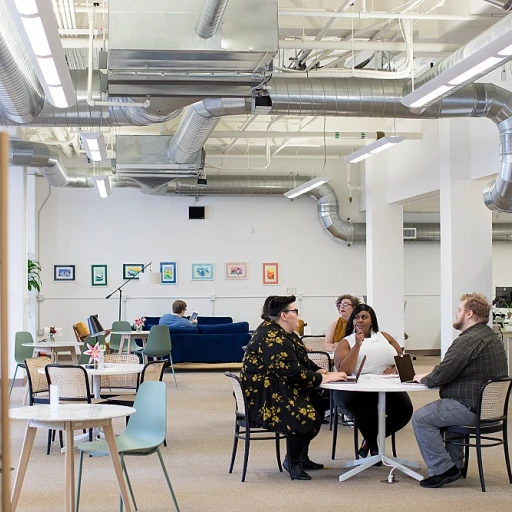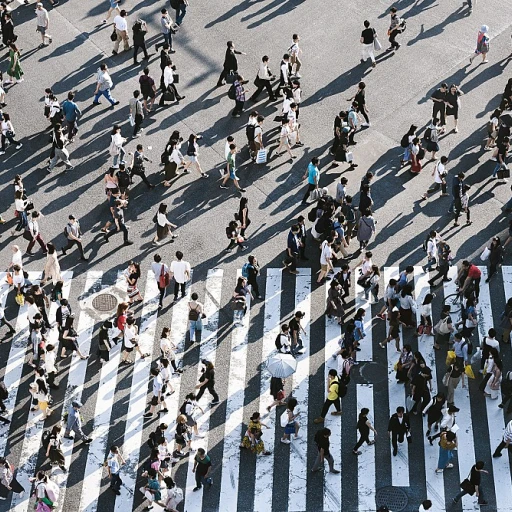
The Changing Landscape of Office Design
Redesigning Workspaces for Efficiency and Collaboration
The modern workplace is a testament to the dynamic evolution of office design, blending aesthetics with functionality to foster productivity and collaboration. With the rapid transition from traditional work environments to more shared and open-plan spaces, the role of personal storage has taken on new significance. In this context, redesigning workspaces to accommodate efficient and versatile storage solutions is essential.
Employee lockers and storage lockers are no longer just practical necessities; they are integral components of a well-thought-out office layout. As companies move away from cumbersome furniture, solutions such as metal lockers, wood lockers, and even plastic lockers offer versatile options for organizing personal and work-related items. Available in a variety of designs and materials, these lockers are crafted to ensure the delicate balance between space optimization and aesthetic appeal.
For instance, single tier and double tier lockers provide customizable options for different storage needs, while smart lockers integrate technology to offer secure and efficient retrieval systems. These can be particularly beneficial in shared environments where various stakeholders require access to storage space without compromising security or privacy.
Modern lockers such as steel lockers, designer wood lockers, and metal lockers come in various configurations, including tier wide and feet high options, allowing designers to tailor solutions to specific spatial constraints. The integration of smart lockers is pivotal, aligning with the technological trends shaping the future of workplaces.
By understanding the evolving role of personal storage, companies can better match design elements with employee needs, paving the way for workplaces that not only look good but function effectively within their intended space.
Security and Privacy in Shared Work Environments
Ensuring Safety in Collaborative Spaces
In the evolving world of office environments, shared workspaces have become increasingly common. With this shift, the need for secure storage options is more crucial than ever. Employees require a space where they can confidently store their personal belongings without concerns about privacy. Lockers play a pivotal role in meeting these needs. From metal lockers that provide a robust layer of protection to smart lockers that integrate technology for enhanced security, the demand for innovative storage solutions is evident. Smart lockers, in particular, offer a level of security that goes beyond the traditional lock and key. They use technologies like RFID, biometric authentication, and personalized codes to ensure that only authorized users have access. Moreover, with employees working in close proximity, the design of storage lockers becomes important in preventing unauthorized access. Double tier configurations allow for efficient use of vertical space, while single tier models may be more suitable in areas where more personal space is required. Another consideration in workplace security is the installation of storage lockers in visible locations. With an open view, the likelihood of theft or unauthorized access is reduced, creating a safer environment for employees to store their valuables. In this landscape, companies are continuously looking for office storage solutions that not only provide security but also align with the overall design and productivity of the workspace. Choosing options that blend seamlessly with office aesthetics while ensuring robust safety and privacy measures is key. For more insight into enhancing workspace efficiency and privacy through strategic design choices, visit Enhancing Efficiency in Future Workspaces. This resource delves deeper into optimizing work environments to cater to the future needs of businesses and their employees.Technological Integration in Personal Storage
Integrating Technology into Employee Lockers
The modern workplace is rapidly evolving, and with it, the role of personal storage is being redefined to keep up with the pace. Technology integration has become an essential component of this transformation. One of the most prominent advancements is the rise of smart lockers, which offer a range of innovative features that cater to the dynamic needs of today’s employees. Smart lockers provide a seamless and secure solution for storing personal belongings, essential documents, and valuable equipment. They incorporate advanced functionalities such as RFID access, remote management, and mobile app connectivity. This allows employees to access their storage space with ease and ensures that only authorized personnel can open these lockers. The convenience of using a smart locker also means less clutter in the workplace and a more organized environment. Technological integration extends beyond the basic functionalities, as design and customization options vary extensively. Employees can choose from metal lockers to sleek designer wood finishes to match the office aesthetics. High-quality options such as recycled steel lockers provide sustainability while maintaining a professional look. Innovation also reaches into the design of lockers, with options like single tier, double tier, and tier wide configurations, allowing organizations to maximize office storage efficiently. The flexibility of these products ensures they can adapt to changing space requirements, supporting not only traditional offices but also modern activity-based and flexible work settings. The integration of smart technology in workplace lockers adds to the security and privacy of shared work environments. This aligns with the evolving office design exemplified by activity-based workspaces. As businesses continue to innovate, smart storage solutions will play a pivotal role, offering a blend of functionality, security, and design. For those interested in exploring the future possibilities of integrating technology into job roles and environments, this article on the evolution of RPA robotics provides further insights.Flexibility and Adaptability of Storage Solutions
Flexibility and Adaptability of Storage Solutions in the Workplace
The modern office is rapidly evolving, urging changes in how we incorporate office storage solutions within work environments. As such, employee lockers, storage lockers, and other options must adapt to the fluid nature of the workplace. This need springs from an increasing emphasis on dynamic spaces, and these flexible storage solutions are designed to meet that demand.
In today's diverse office landscapes, varying from traditional layouts to open-plan designs, lockers for employees serve as essential tools in maintaining personal and collective order within the workspace. The availability of options like metal lockers, wood lockers, and plastic lockers ensures that the needs of different environments can be met while preserving aesthetic integrity.
For example, smart lockers offer an excellent model of high adaptability, catering to digital demands and providing secure, personalized access to storage spaces. These smart lockers come in diverse configurations, such as single-tier or double-tier forms, enabling customization to suit specific workplace needs. This flexibility is a boon, particularly in shared workplaces where spatial demands can shift regularly.
Flexibility in storage design also incorporates sustainability considerations. Many modern lockers are crafted from recycled materials, such as recycled steel, thereby reducing environmental impact and promoting eco-friendly practices within the office. Steel lockers that are designed to be feet high and wide feet wide not only maximize space usage but also contribute to the eco-friendly goals many companies now strive for.
Additionally, designer wood lockers and similar aesthetically pleasing storage maintain the fine balance between functionality and design. They cater to more than just practical needs but also the visual aspects required in contemporary office settings.
Ultimately, the essence of modern storage solutions lies in their ability to offer adaptability and versatility. By meeting ever-changing organizational needs and providing smart, sustainable products, these solutions are integral in shaping the future of office designs. They ensure that the workplace remains a supportive and efficient environment for its employees.
Sustainability and Eco-Friendly Design
Sustainable Practices in Storage Solutions
The rise of sustainability in modern workspaces is steering office design towards eco-friendlier choices, particularly in the selection of personal storage options. Contemporary storage solutions often incorporate materials that are not only durable but also environmentally considerate, such as recycled steel and wood. Metal lockers, for instance, are increasingly being crafted from recycled materials, reducing the need for new resources and contributing to a lower carbon footprint.
When choosing storage products, offices are now considering the life cycle of materials used. Single tier, double tier, and locker double designs are being reimagined with renewability in mind. Steel lockers, typically preferred for their strength, are now sourced with emphasis on their sustainability quotient, making them a smart option for the eco-conscious workplace.
Sustainability isn't limited to the core materials; even the designs are being adapted to be more eco-friendly. Wood lockers made from certified sustainable sources showcase how aesthetics can integrate with environmental responsibility. Many organizations opt for plastic lockers crafted from recycled plastics, ensuring a reduced impact on natural resources.
Moreover, the concept of workplace lockers is evolving to accommodate not just the immediate needs of employees, but also to align with broader environmental goals. By selecting products that offer sustainability without sacrificing style or utility, companies can support eco-responsible practices while equipping employees with the functional office storage they need. In today's shared work environments, where security and privacy concerns are paramount, these sustainable choices reflect a commitment to protecting both data and the planet.













